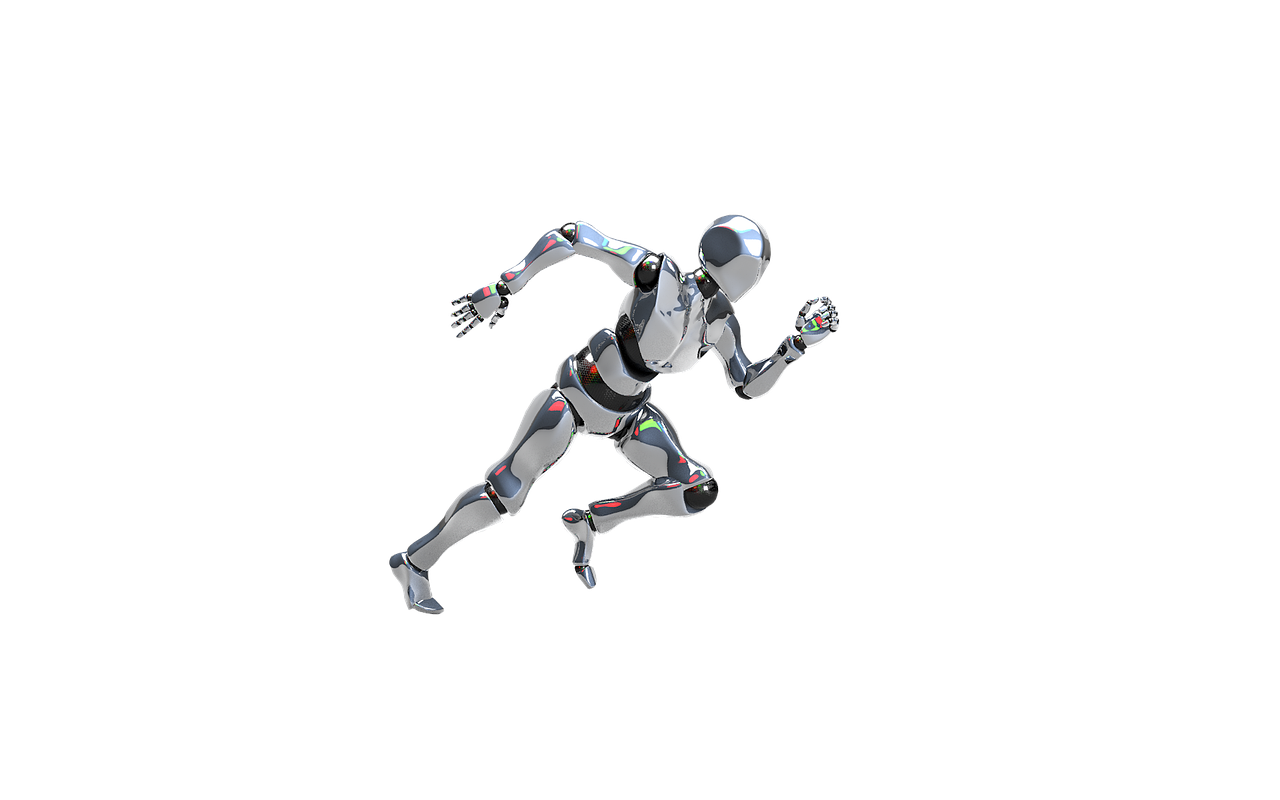The Role of AI in Advancing Autonomous Vehicles and Transforming Transportation

Brief news summary
The development of autonomous vehicles, driven by artificial intelligence (AI), represents a significant technological breakthrough. These self-driving cars utilize advanced sensors such as LIDAR, radar, and cameras to continuously perceive their environment, instantly process data, and recognize pedestrians, vehicles, and road conditions. This enables them to navigate complex traffic scenarios, respond to sudden changes, and make safe, independent decisions. While substantial progress has been made, especially in urban and controlled settings, challenges persist, including the need for globally standardized regulations, overcoming public skepticism about AI reliability, and addressing ethical issues in critical situations. Tackling these challenges requires collaboration among technologists, legal experts, and society at large. Despite these hurdles, AI-powered autonomous vehicles offer many benefits, including reducing human error, enhancing road safety, optimizing traffic flow, lowering emissions, and advancing intelligent traffic management and public transportation. With continued technological advancements, proper regulation, and greater public acceptance, autonomous vehicles have the potential to transform transportation by making it safer, more efficient, and more accessible for all.The development of autonomous vehicles marks a major technological breakthrough in modern transportation, with artificial intelligence (AI) at its core. AI systems underpin self-driving technology by enabling vehicles to perceive their surroundings, make complex driving decisions, and prioritize safety for all road users. Central to autonomous driving are advanced AI algorithms that process data from various sensors embedded in the vehicle, including LIDAR, radar, ultrasonic devices, and high-resolution cameras. These sensors collectively generate a detailed understanding of the environment, allowing the AI to recognize pedestrians, cyclists, other vehicles, road signs, traffic signals, and hazards in real time. This capability is crucial for navigating complex traffic scenarios, responding to sudden changes, and making appropriate decisions without human input. Significant progress has been made in refining AI technologies, allowing autonomous vehicles to operate safely in controlled settings and specific routes. Companies investing heavily in AI-driven driving have achieved impressive milestones such as navigating urban areas and highways, autonomously managing parking, and adeptly reacting to unexpected obstacles. Yet, the full integration of autonomous vehicles on public roads faces challenges beyond technology. One major obstacle is the regulatory landscape. Governments and regulatory bodies must develop comprehensive frameworks that ensure these vehicles meet stringent safety standards prior to widespread use. This includes establishing consistent guidelines for testing, certification, and operation, which can vary across countries and regions. Given AI’s evolving nature, regulations need to be both strict and flexible, balancing innovation with public safety. Public acceptance is another critical factor.
While many are intrigued by driverless cars, significant concerns remain regarding trust in AI systems for tasks as crucial as driving. These worries involve the reliability of the technology, risks of malfunctions or cyberattacks, and ethical implications of AI decision-making in life-and-death situations. Building trust requires transparent communication about vehicle operations, rigorous safety testing, and positive real-world experiences that demonstrate reliability. Ethical challenges also arise, requiring developers, policymakers, and society to confront how autonomous vehicles should behave in morally complex situations, such as unavoidable accidents where minimizing harm is essential. Programming AI to handle such dilemmas in line with societal values remains a difficult interdisciplinary task involving technology, philosophy, law, and public opinion. Despite these issues, experts remain optimistic about AI’s transformative impact on transportation. AI integration is expected to reduce human error, a major cause of traffic accidents globally. Enhanced control, situational awareness, and real-time responsiveness provided by AI-powered autonomous vehicles hold the potential to make roads safer. Moreover, autonomous vehicles can improve travel efficiency by optimizing routes, reducing congestion, and enabling smoother traffic flow. The growth of shared autonomous mobility services may decrease personal car ownership, offering environmental benefits such as lower emissions and reduced resource use. Looking ahead, AI’s role in transportation will extend beyond self-driving cars to intelligent traffic management, AI-assisted public transit, and logistics. Ongoing advancements in AI technologies are likely to drive innovations reshaping the movement of people and goods worldwide. In summary, while significant challenges remain for the broad adoption of AI-powered autonomous vehicles, current progress is encouraging. Continued technological innovation, thoughtful regulatory frameworks, and active engagement with public concerns and ethical issues position AI-driven autonomous transportation to revolutionize travel—making it safer, more efficient, and more accessible for everyone.
Watch video about
The Role of AI in Advancing Autonomous Vehicles and Transforming Transportation
Try our premium solution and start getting clients — at no cost to you

I'm your Content Creator.
Let’s make a post or video and publish it on any social media — ready?
Hot news

15 Ways Sales Has Changed This Year in the Age of…
Over the last 18 months, Team SaaStr has immersed itself in AI and sales, with a major acceleration starting June 2025.

OpenAI's GPT-5: What We Know So Far
OpenAI is gearing up to launch GPT-5, the next major advancement in its series of large language models, with the release expected in early 2026.

AI in SEO: Transforming Content Creation and Opti…
Artificial intelligence (AI) is swiftly reshaping the field of content creation and optimization within search engine optimization (SEO).

AI Video Conferencing Solutions Improve Remote Wo…
The shift to remote work has highlighted the crucial need for effective communication tools, leading to the rise of AI-powered video conferencing solutions that enable seamless collaboration across distances.

AI In Medicine Market Size, Share, Growth | CAGR …
Overview The Global AI in Medicine Market is forecasted to reach approximately USD 156

Google's Danny Sullivan & John Mueller On SEO For…
John Mueller from Google hosted Danny Sullivan, also from Google, on the Search Off the Record podcast to discuss "Thoughts on SEO & SEO for AI

Lexus takes generative AI for a spin in new holid…
Dive Brief: Lexus has launched a holiday marketing campaign created using generative artificial intelligence, according to a press release
AI Company
Launch your AI-powered team to automate Marketing, Sales & Growth

and get clients on autopilot — from social media and search engines. No ads needed
Begin getting your first leads today








